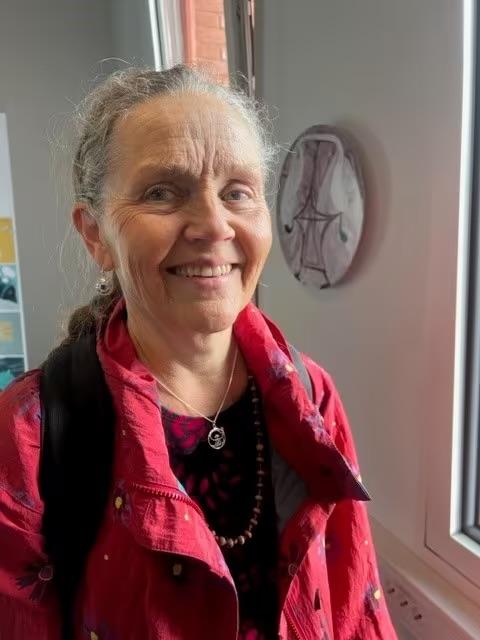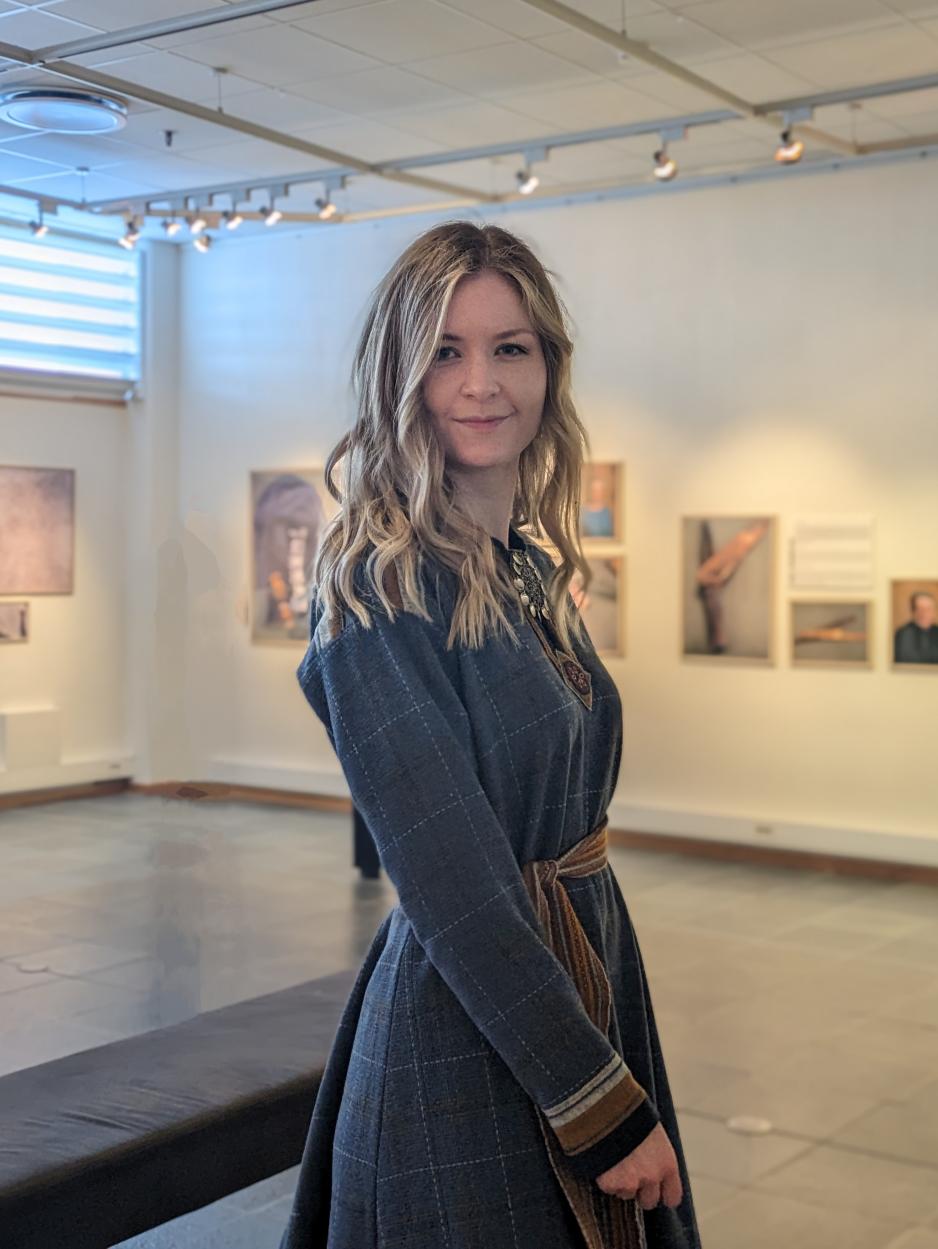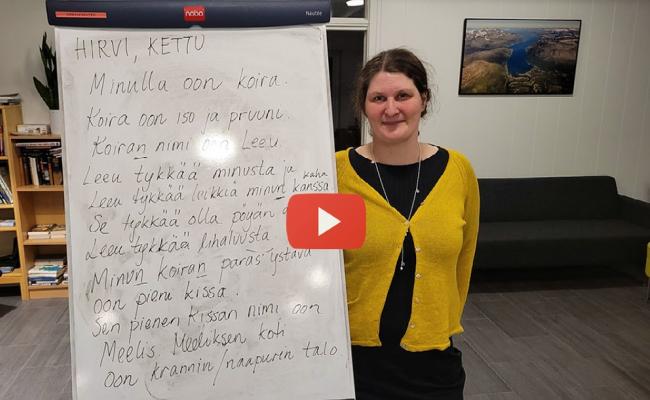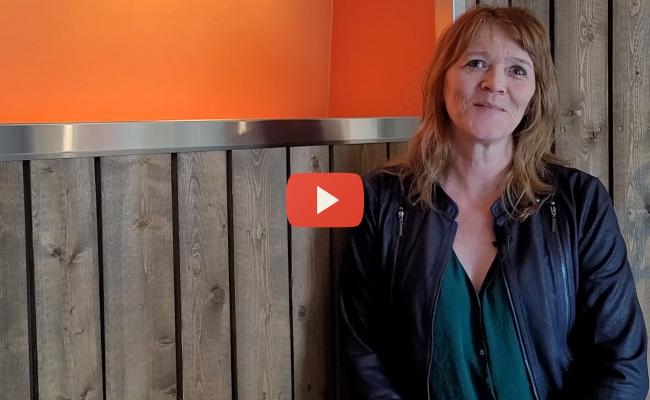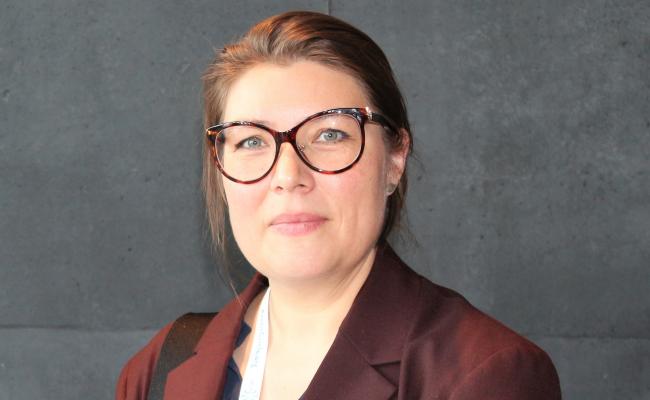Researching Kven and Norwegian-Finnish Youth: "We Do Not Know Enough"
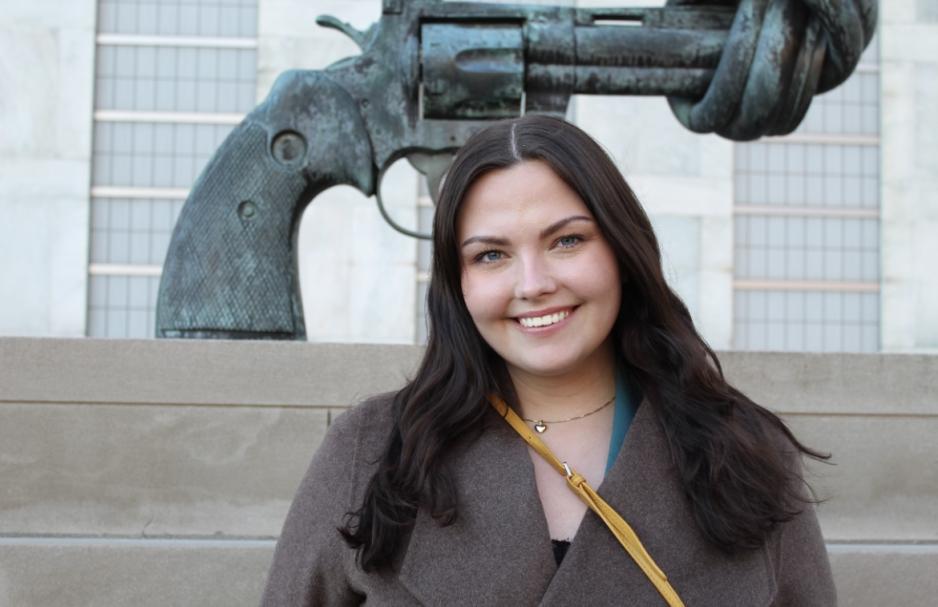
"We are concerned with listening to research and following up on the Truth and Reconciliation Commission's report. We have had enough of politicians believing and having opinions about minorities without knowing much," says the leader of Center Youth, Andrine Hanssen-Seppola. (Photo: Private)
Researchers at UiT, the Arctic University of Norway, want to reduce discrimination of Kven and Norwegian-Finnish Youth. "Young people belonging to this cultural minority must feel seen and protected," says the researcher behind the project.
The Norwegian Truth and Reconciliation Commission's report shows that the Norwegian society has very limited knowledge about the Norwegianization policy and its consequences.
The report also pointed out that the Ministry of Health and Care Services has little knowledge about national minorities' health conditions and healthcare needs.
That is precisely what a researcher at UiT the Arctic University of Norway, Soile Pävikki Hämäläinen, wants to do something about through the research project Kasuta.
Kasuta means "to grow up" in Kven, and the research project will revolve around this theme.
"We will find out what needs Kven and Norwegian-Finnish youth have, how they experience the school and health services, and how they want to be met."
The project is funded by the Stiftelsen Dam foundation and deals with employees in the education and health sector to determine the need for competence among the employees.
Through Kasuta, Postdoctoral Fellow Hämäläinen works with project leader and Professor Anita Salamonsen to prevent discrimination and promote equal services for Kven and Norwegian-Finnish Youth.
"The objective is for young people from this minority to feel seen and protected in education and public and voluntary services in the mental health sector, such as Youth Mental Health Norway.
Will talk to young people
The researchers want to speak with young people between 16 and 35 who have Kven and Norwegian-Finnish backgrounds.
"We want to interview several young people with Kven and Norwegian-Finnish backgrounds, not just in Northern Norway but also Trondheim, Oslo, and Vestlandet. Furthermore, we will also interview people working in the education sector and public and voluntary services within mental health," says Soile Hämäläinen.
The largest youth organization for Kven and Norwegian-Finnish youth, Kvääninuoret, is part of the project and forms a reference group, which provides input to the researchers.
"The reference group is very important. Representatives of young Kvens and Norwegian-Finns, other national minorities, private and public services employees, and the nursing program at UiT are participating. Many of the representatives meet young people with Kven and Norwegian-Finnish backgrounds daily. Together, we will develop accurate measures for the best of young Kvens/Norwegian-Finns, public services, education, and the voluntary sector," says project leader Anita Salamonsen.
Sofie Kampen, former deputy head of Kvääninuoret says that the organization has a representative in the research group, as does Youth Mental Health Norway, which owns the project.
"What I think is particularly nice about this project is that it is not just research searching for numbers and figures, but research to find specific measures. There will not just be a focus on what is wrong, but it will also have proposals for how to improve it."
Kampen finds it exciting to work on the project. She believes it could lead to the health and education sector being better equipped for the group's needs and to more Kvens daring to be themselves.
"The more community, understanding, and openness we create, the better our chances of preventing hate speech and discrimination."
Good news
"There is no research on this group. We do not know enough about the consequences of the Norwegianization policy and the injustice that has affected Kven and Norwegian-Finnish youth."
The statement belongs to Center Youth leader Andrine Hanssen-Seppola. To Hanssen-Seppola, the initiation of the research project was good news.
We who have not lived under direct Norwegianization policy must reclaim the culture.
"I think we know very little about this group; there are many without any knowledge of their own identity, and there could be underlying factors that have led to discrimination that one might now have thought about."
The research project aims to contribute to more accurate, user-oriented, and culture-sensitive services.
The youth politician believes the research could help the Kven and Norwegian-Finnish people but also the decision-makers.
"How important is it to have that cultural understanding?"
"I believe it to be essential. One must understand the cultural traits and the elements making this group a national minority."
"It is a measure for society at large to understand these groups so that one can meet them with less stigmatization and more facts and design political solutions that work."



